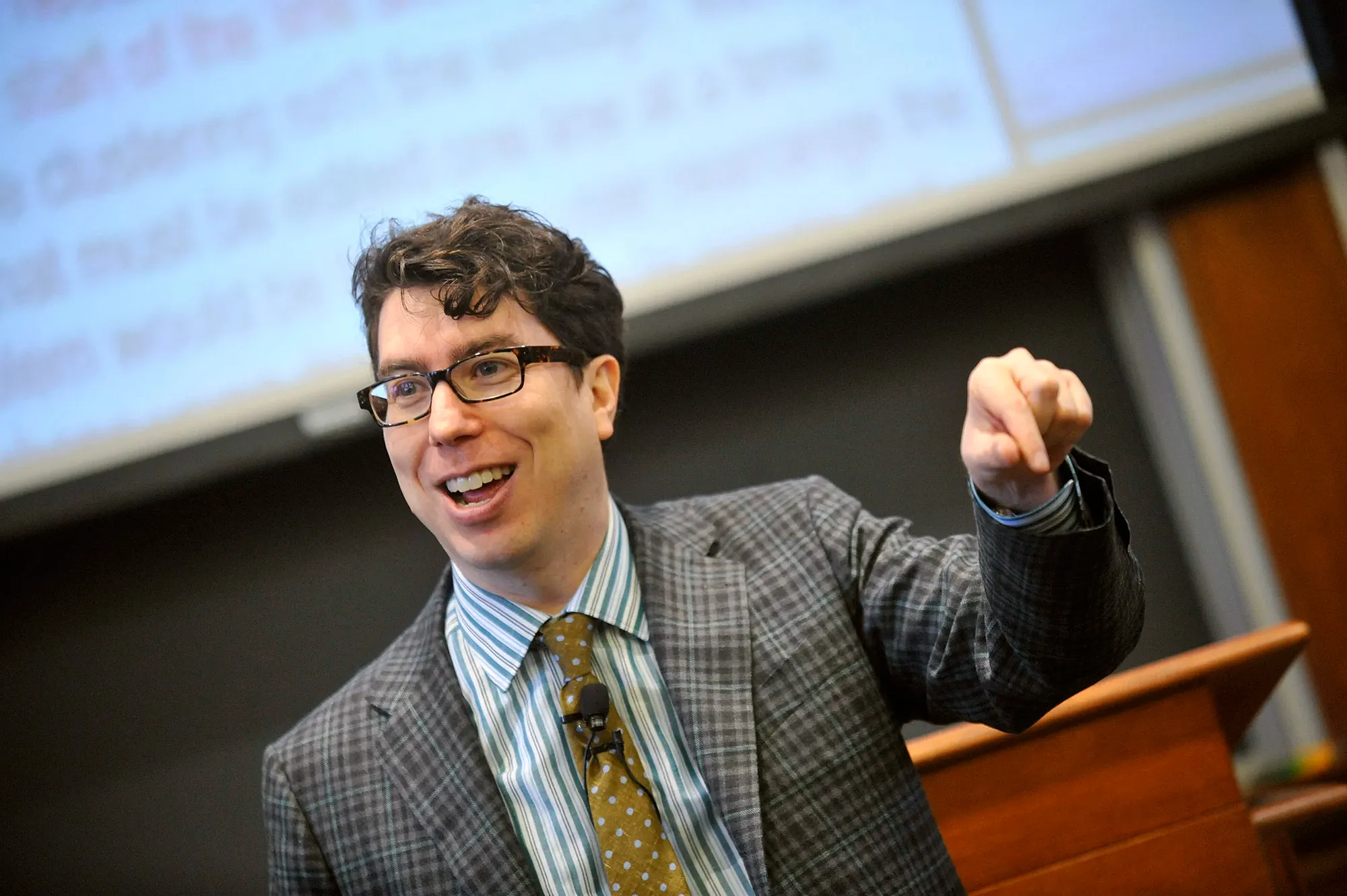Harvard University has taken a historic step by revoking tenure from a professor known for their work in ethics studies—a move not seen in nearly eight decades. This development has caught the attention of the academic world and beyond, raising questions about the balance between academic freedom and institutional accountability.
What Happened?
The professor in question, celebrated for decades of contributions to ethics and moral philosophy, lost their tenure due to violations related to conduct and institutional policies. While details remain partially confidential, sources suggest that the decision followed an extensive internal review process.
Harvard’s decision to revoke tenure is significant because tenure is usually considered a near-permanent job protection for professors. It’s designed to shield academics from external pressures, allowing them to pursue controversial or groundbreaking research without fear of losing their positions.
Why Is This Important?
Revoking tenure is extremely rare. Harvard hasn’t done so in 80 years, making this a landmark case. This incident puts a spotlight on the evolving standards of accountability within higher education institutions. Universities balance the need for intellectual freedom with maintaining professional and ethical standards among faculty.
This case also stirs a debate on how universities should handle misconduct allegations against tenured faculty. Traditionally, tenure made such actions almost impossible without extreme cause. This recent event suggests institutions might be willing to reconsider those norms.
Impact on Academia and Ethics Studies
For an ethics professor to lose tenure, especially one renowned in their field, is deeply ironic but telling. It underscores that ethical scholarship isn’t just theoretical—it applies to real-world behavior, including that of scholars themselves.
The incident is likely to lead other universities to reassess their tenure policies and enforcement mechanisms. It could also encourage more transparency around faculty conduct investigations, which often remain private.
What’s Next?
Harvard’s decision may set a precedent, encouraging other institutions to act decisively when faculty members, regardless of their stature, breach ethical or professional standards. Meanwhile, this case will continue to fuel discussions about how academic freedom and accountability coexist.
In conclusion, the revocation of tenure from a high-profile ethics professor at Harvard is more than just news—it’s a wake-up call for academia. The balance between protecting intellectual freedom and enforcing ethical standards is delicate, but crucial. Harvard’s rare move reminds us that even the most esteemed scholars are not above accountability.



